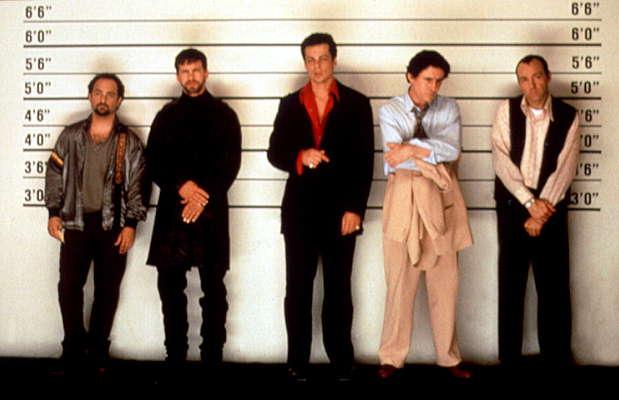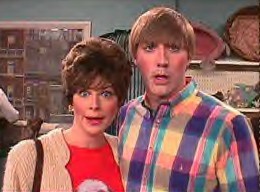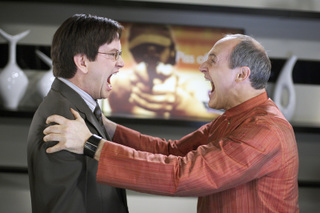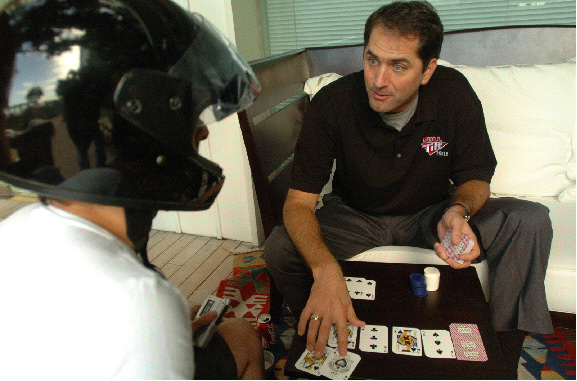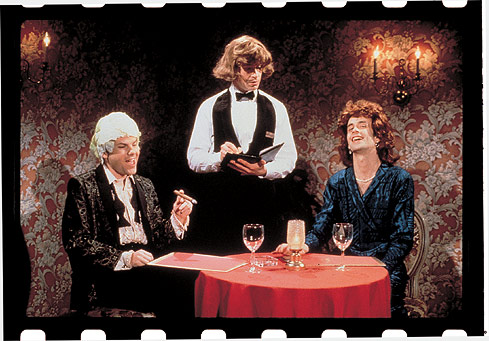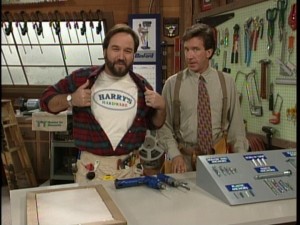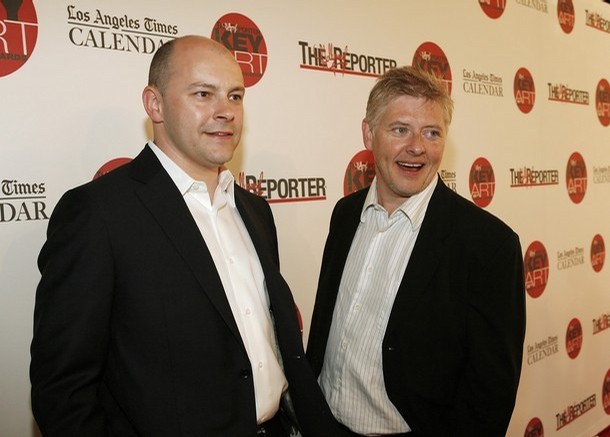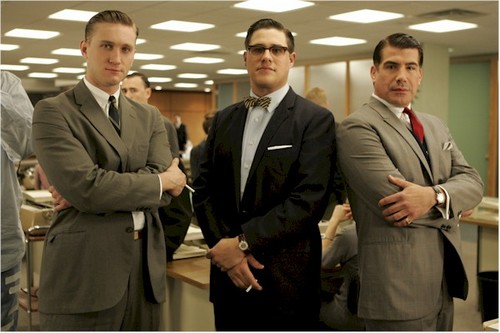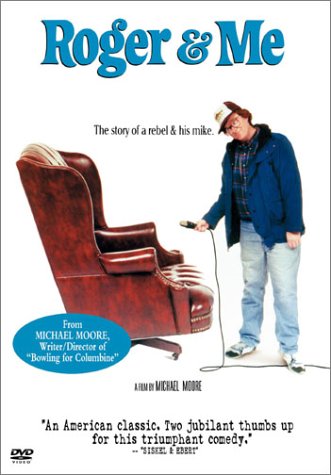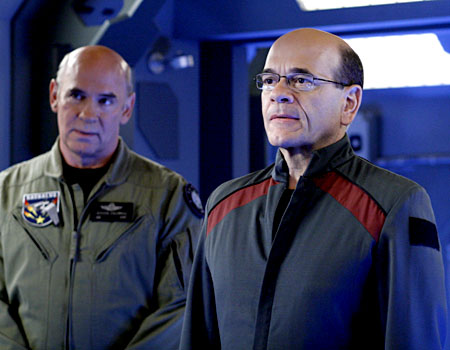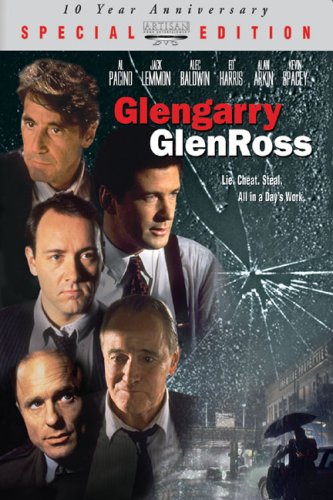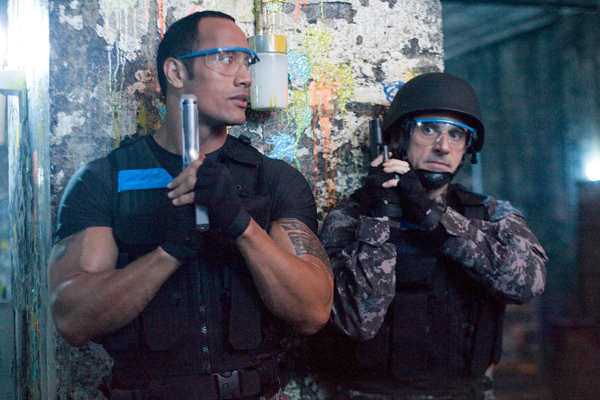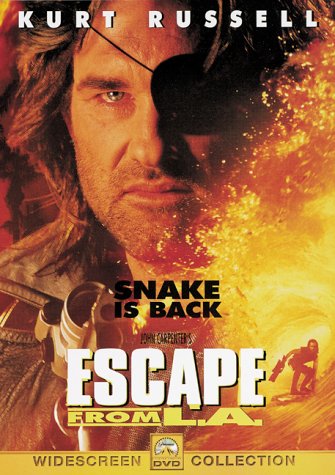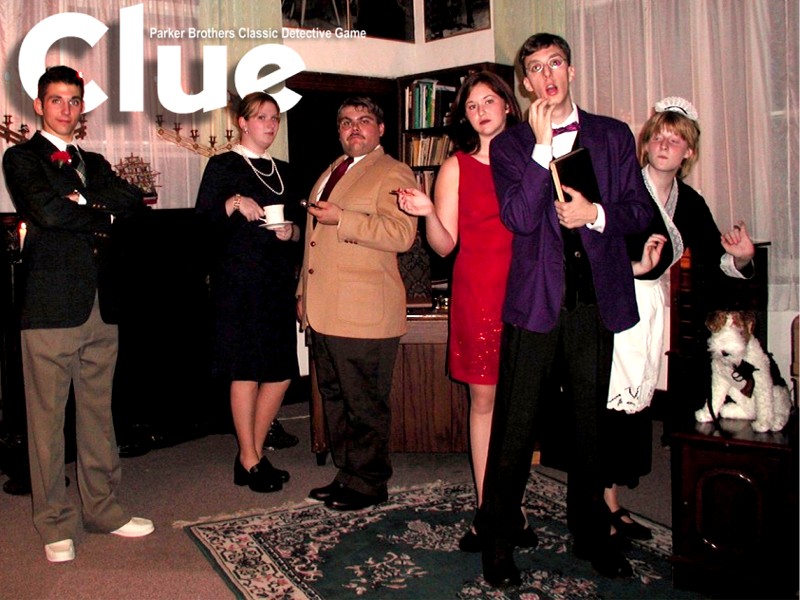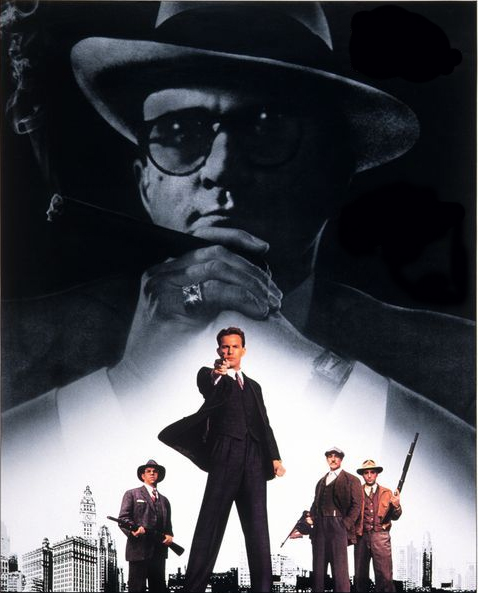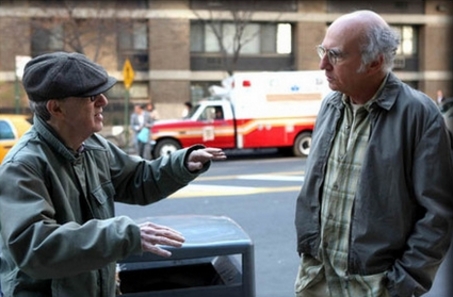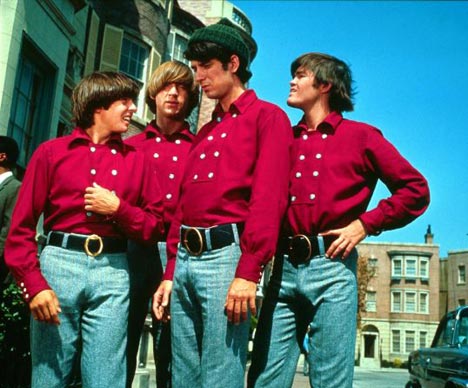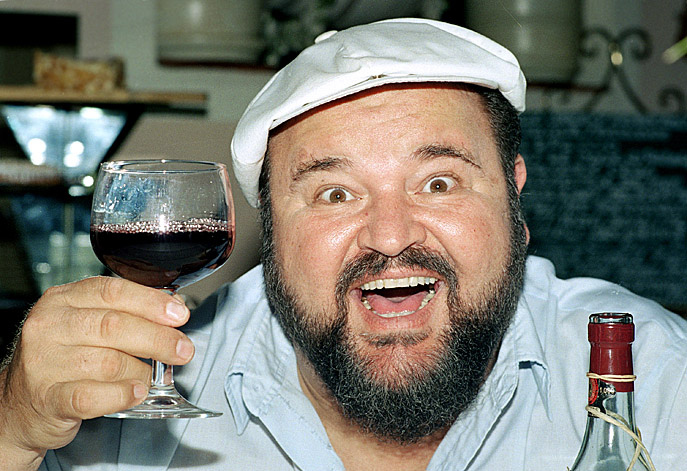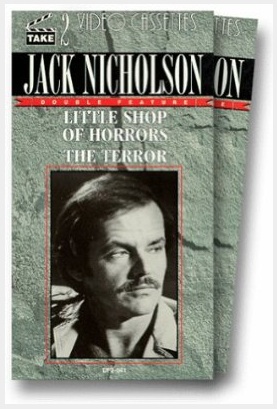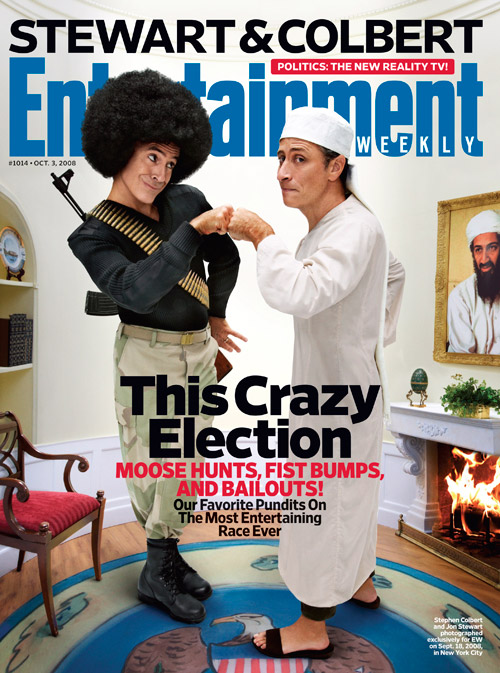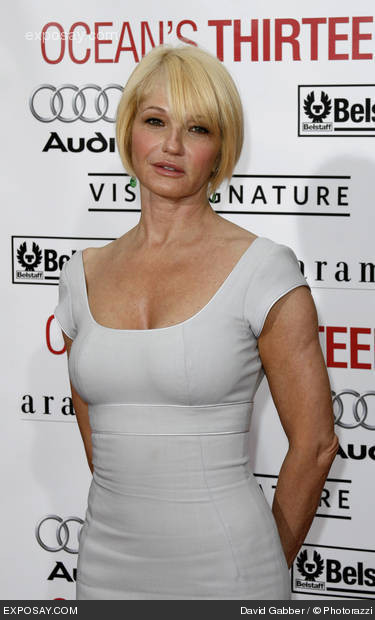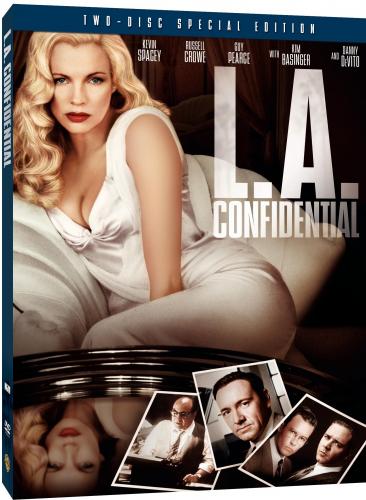Last week, I saw the Public Theatre Shakespeare in the Park production of Twelfth Night. It was, in more sense than one, Shakespeare the way it was meant to be performed. For in addition to the clichéd compliment, the production took very few liberties with the play and instead chose to communicate Twelfth Night to us as written. It was one of the best productions I have ever seen.
I almost didn’t get the chance. Rain drizzled throughout the early scenes. The rolling green hills of the set looked like they might get muddy under such circumstances, but theatrical illusion being what it is, they were in no real danger. The roving band members, on stage for most of the performance, were tucked under umbrella-covered seats. In the middle of the third scene, the rain became too much and a voice over the loud speaker announced a “Pause for precipitation.” Julie White (Maria) looked visibly frustrated which elicited a laugh from the audience. We sat in the rain another fifteen minutes before it let up, not to return for the rest of the performance. The actors started over at the beginning of the scene, and we looked on with a renewed appreciation for the opportunity.
The cast was lead by Anne Hathaway, who gave a masterful performance as Viola, the keystone of the ensemble. But what struck me the most was how consistently good each member of the cast was in playing his or her role, together bringing forth the vibrant panoply of memorable characters that makes this play so much fun. For me, the standouts (in addition to Hathaway herself) were Hamish Linklater as Sir Andrew Aguecheek and Michael Cumpsty as Malvolio. But really, there wasn’t a weak performance in the pack, and I hesitate even to name those two at the expense of the rest.
The real star of this production, however, was the music. Along with As You Like It, this is one of Shakespeare’s most musical plays. Music is introduced as a vital theme in the very first line: “If music be the food of love, play on.” Scene after scene, music has the power to disturb, provoke, and inspire the passions of the characters. In this production, music is absolutely the driving force, with David Pittu (Feste) brilliantly leading a troupe of musicians around the stage, taking over every scene they’re in. Viola doesn’t sing in the original text, but perhaps director Daniel Sullivan didn’t want Hathaway’s beautiful soprano voice to go to waste, because she is given a song in her first scene as Cesario. (The song, I believe, is borrowed from Measure for Measure.) And, on the night I saw it, when Feste ended the play with “The rain, it raineth every day,” the audience laughed again in a shared joke with the company.
The show will run through July 12. If you get a chance to see it, I highly recommend you do so. This is one hell of a good time in the theatre.
